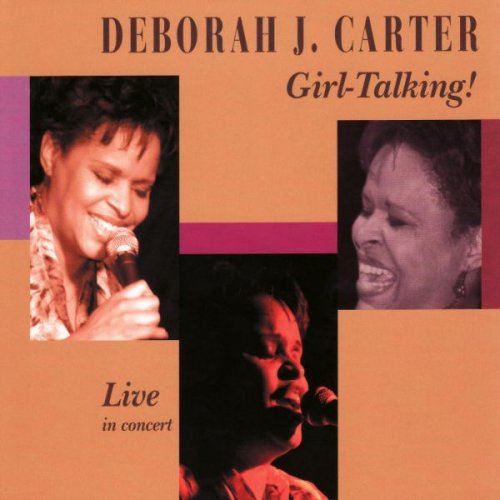Rahsaan Roland Kirk - Complete Recordings 1956-62 (2013)
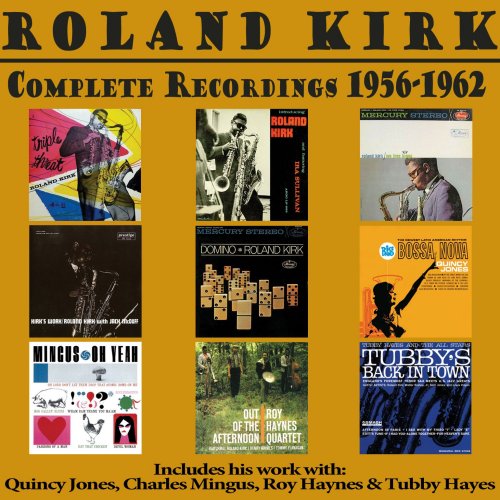
Artist: Rahsaan Roland Kirk, Roland Kirk
Title: Complete Recordings 1956-62
Year Of Release: 2013
Label: Playtime
Genre: Jazz
Quality: FLAC (tracks)
Total Time: 5:27:02
Total Size: 1.93 GB
WebSite: Album Preview
Tracklist:Title: Complete Recordings 1956-62
Year Of Release: 2013
Label: Playtime
Genre: Jazz
Quality: FLAC (tracks)
Total Time: 5:27:02
Total Size: 1.93 GB
WebSite: Album Preview
01. Roland's Theme
02. Slow Groove
03. Stormy Weather
04. The Nearness of You
05. A La Carte
06. Easy Living
07. Triple Threat
08. The Call
09. Soul Station
10. Our Waltz
11. Our Love Is Here to Stay
12. Spirit Girl
13. Jack the Ripper
14. Three for the Festival
15. Moon Song
16. A Sack Full of Soul
17. The Haunted Melody
18. Blues for Alice
19. We Free Kings
20. You Did It, You Dit It
21. Some Kind of Love
22. My Delight
23. Three for Dizzy
24. Makin' Whoopee
25. Funk Underneath
26. Kirk's Work
27. Doin' the Sixty Eight
28. Too Late Now
29. Skaters Waltz
30. Domino
31. Meeting of Termini's Corner
32. Time
33. Lament
34. A Stritch in Time
35. 3-in-1 Without the Oil
36. Get out of Town
37. Rolando
38. I Believe in You
39. E.D.
40. Soul Bossa Nova
41. Boogie Stop Shuffle
42. Desafinado
43. Manha De Carnaval
44. Se E Tarde Me Perdoa
45. On the Street Where You Live
46. One Note Samba
47. Lalo Bossa Nova
48. Serenata
49. Chega De Saudade
50. A Taste of Honey
51. Hog Callin' Blues
52. Devil Women
53. Wham Bam Thank You Ma'am
54. Ecclusiastics
55. Oh Lord Don't Let Them Drop That Atomic Bomb
56. Eat That Chicken
57. Passions of a Man
58. Moon Ray
59. Fly Me to the Moon (In Other Words)
60. Raoul
61. Snap Crackle
62. If I Should Lose You
63. Long Wharf
64. Some Other Spring
65. Stitt's Tune
66. I See with My Third I
67. Medley-If I Had You-Alone Together-For Heaven's Sake
68. Afternoon in Paris
69. Lady E
Rahsaan Roland Kirk was born Ronald Theodore Kirk in Columbus, Ohio in 1935. Apparently compelled in a dream to transpose two letters in his first name to make Roland, he became blind at an early age as a result of poor medical treatment. In 1970, Kirk added "Rahsaan" to his name after hearing it spoken in another dream. Preferring to lead his own bands, Kirk nevertheless often performed as a sideman with other Jazz greats, most notably with arranger Quincy Jones and drummer Roy Haynes. and had notable stints with bassist Charles Mingus. One of his best-known recorded performances is the lead flute and solo on Jones' "Soul Bossa Nova", a 1964 hit song re-popularized in the Austin Powers films. His playing was generally rooted in soul jazz or hard bop, but Kirk's knowledge of jazz history allowed him to draw on many elements of the music's past, from ragtime to swing and free jazz. His main instrument was the tenor saxophone, supplemented by other saxes, and contrasted with the lighter sound of the flute. At times he would play a number of these horns at once, harmonizing with himself, or sustain a note for lengthy durations by using circular breathing, or play the rare, seldom heard nose flute. A number of his instruments were exotic or homemade, but even while playing two or three saxophones at once the music was intricate, powerful jazz with a strong feel for the blues. Kirk was politically outspoken. During his concerts, between songs he often talked about topical issues, including black history and the civil rights movement. His monologues were often laced with satire and absurdist humor. According to talk show host Jay Leno, when Leno toured with Kirk as his opening act, Kirk would introduce him by saying, I want to introduce a young brother who knows the black experience and knows all about the white devils .... Please welcome Jay Leno! He was renowned for his onstage vitality, during which virtuoso improvisation was accompanied by comic banter, political ranting, and the ability to play several instruments simultaneously. This 4 CD Set compiles together the albums - eight in all - that Roland Kirk released under his own name, or on which he featured heavily as a sideman, during his first six years as a recording artist. From his debut Triple Threat in 1956 (released originally on the King Records label) through to his stunning contribution to British Jazz legend, Tubby Hayes , Tubby s Back in 1962 - the era most fans and Jazz aficionados consider the great man s Golden Years are compiled here in their entirety.
![Andy Gillmann - Acoustic Impulse (2026) [Hi-Res] Andy Gillmann - Acoustic Impulse (2026) [Hi-Res]](https://www.dibpic.com/uploads/posts/2026-02/1771564063_i2l6l2i7vv9qz_600.jpg)
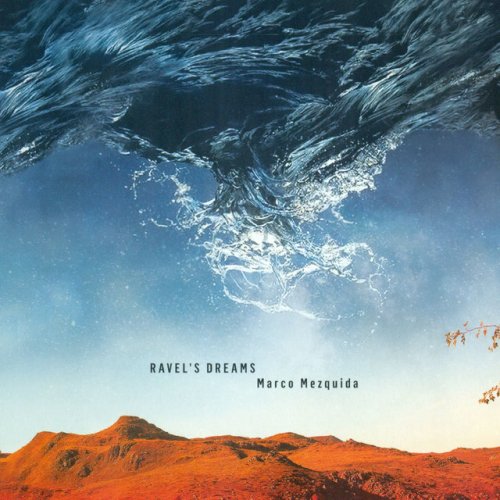
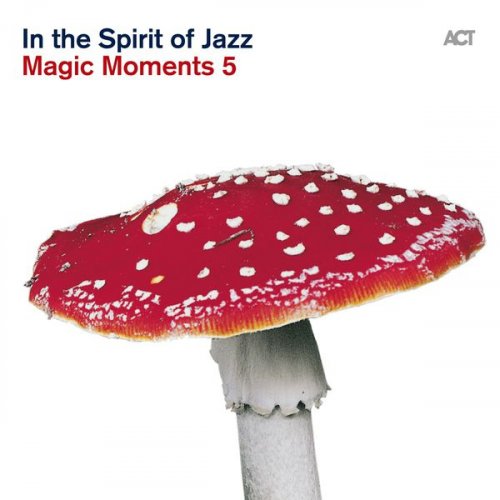
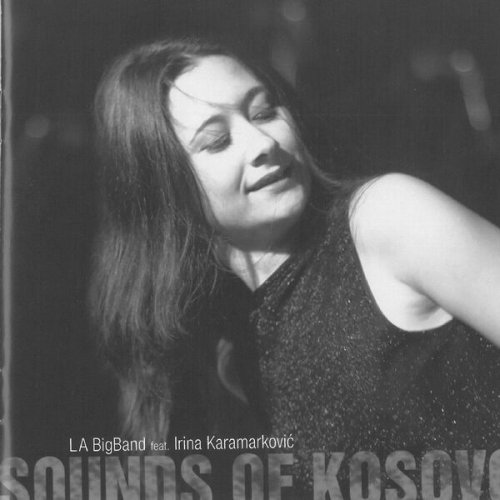
![Susi Evans - Klezmer Playbook 2 Bonus Album (2025) [Hi-Res] Susi Evans - Klezmer Playbook 2 Bonus Album (2025) [Hi-Res]](https://img.israbox.com/img/2026-02/16/xforkxm1atgcv3mt6zn6i274q.jpg)
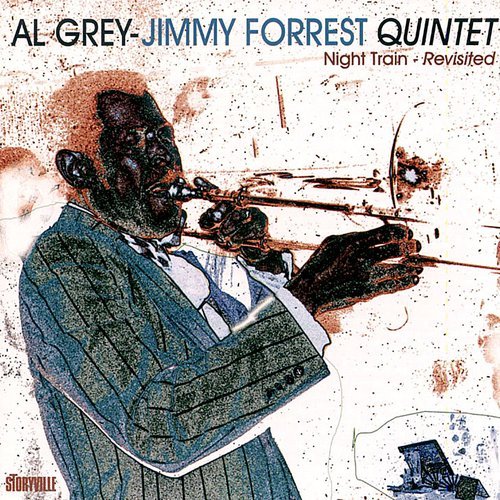
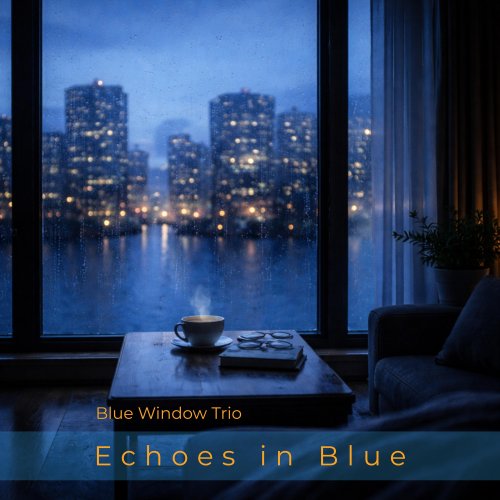
![The Three Seas - Antaḥkaraṇa (2026) [Hi-Res] The Three Seas - Antaḥkaraṇa (2026) [Hi-Res]](https://img.israbox.com/img/2026-02/19/uhghtg21m4gkq8nt8lyl1f5dq.jpg)
